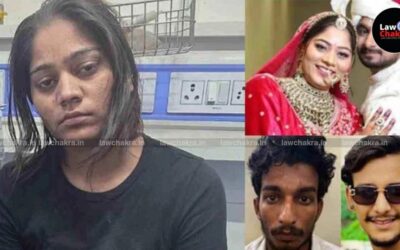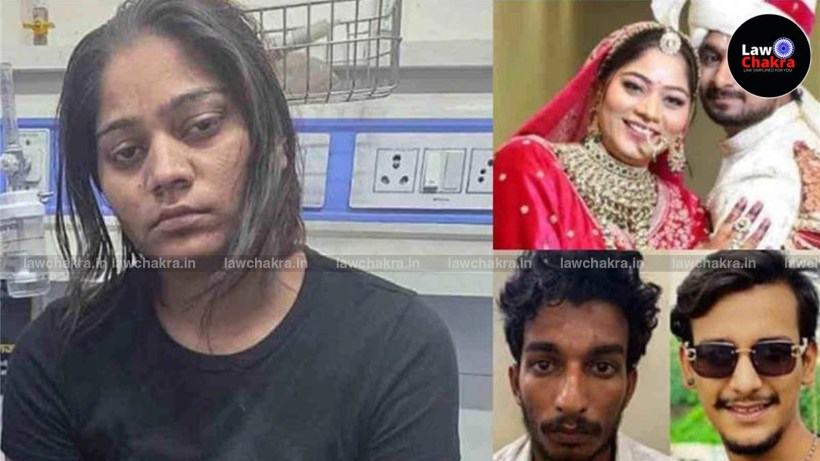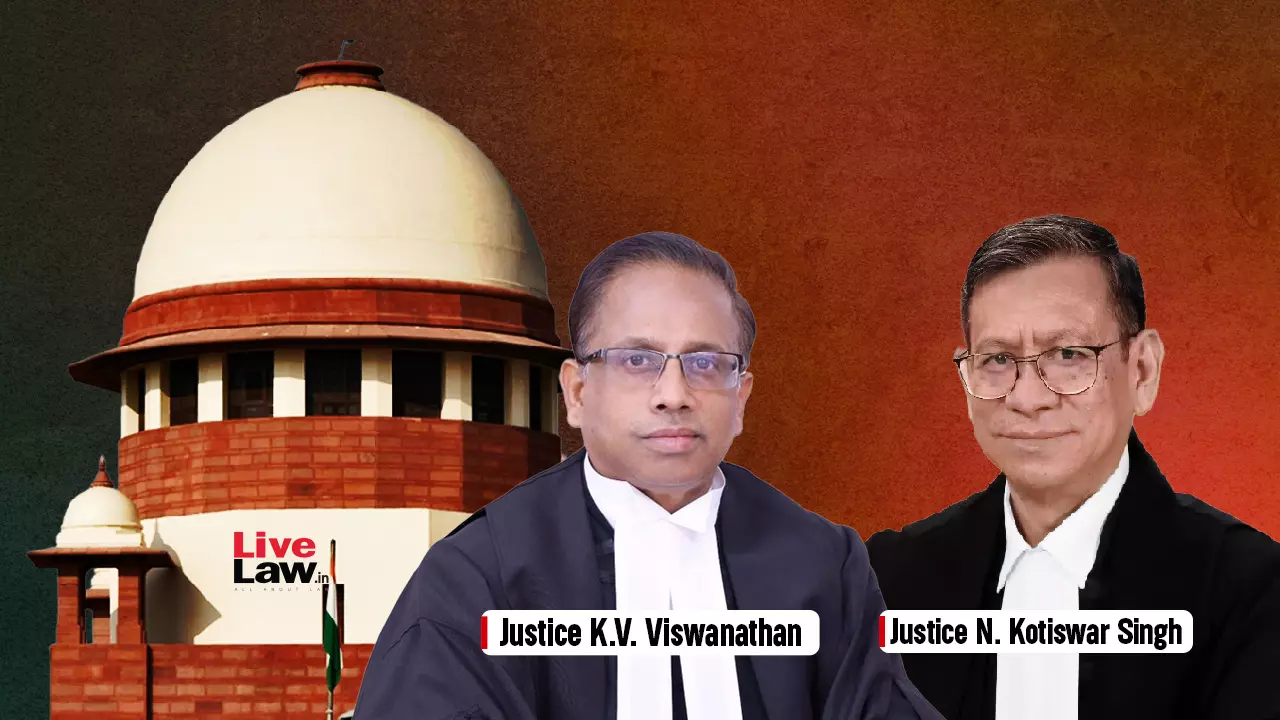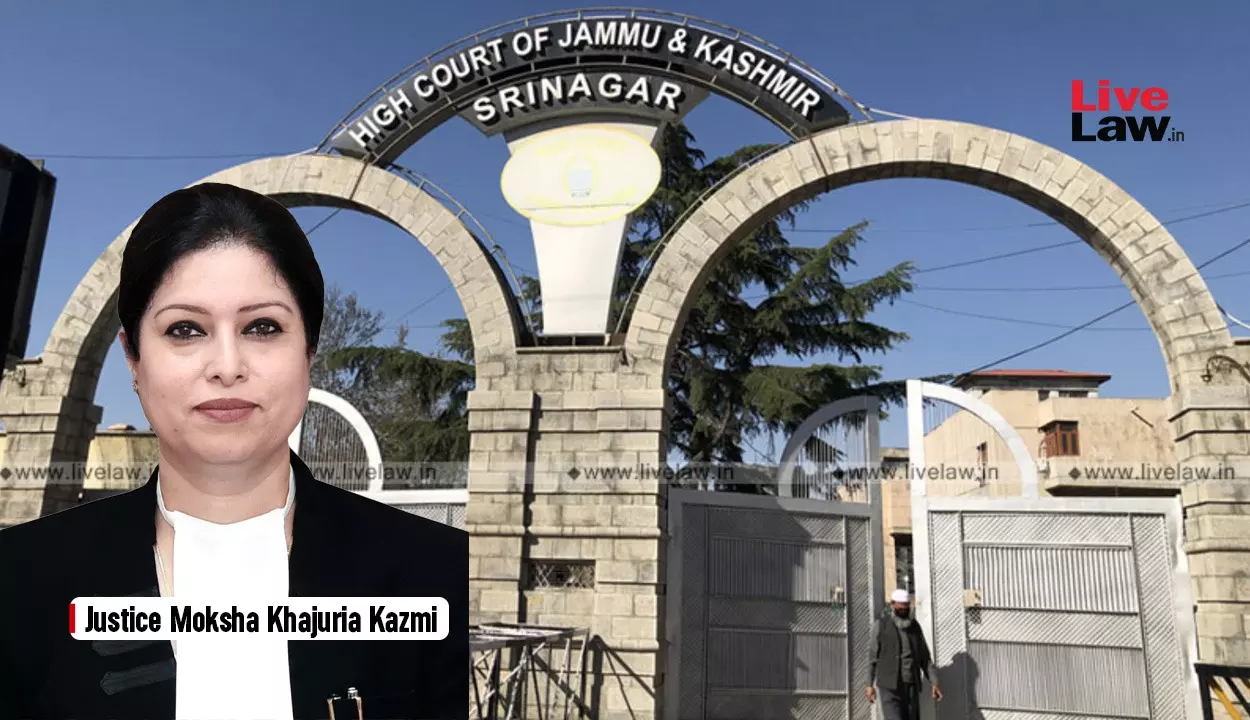Karnataka High Court’s Acting Chief Justice Recuses From Hearing NLSIU’s Plea Against Reservation For Transgender Persons
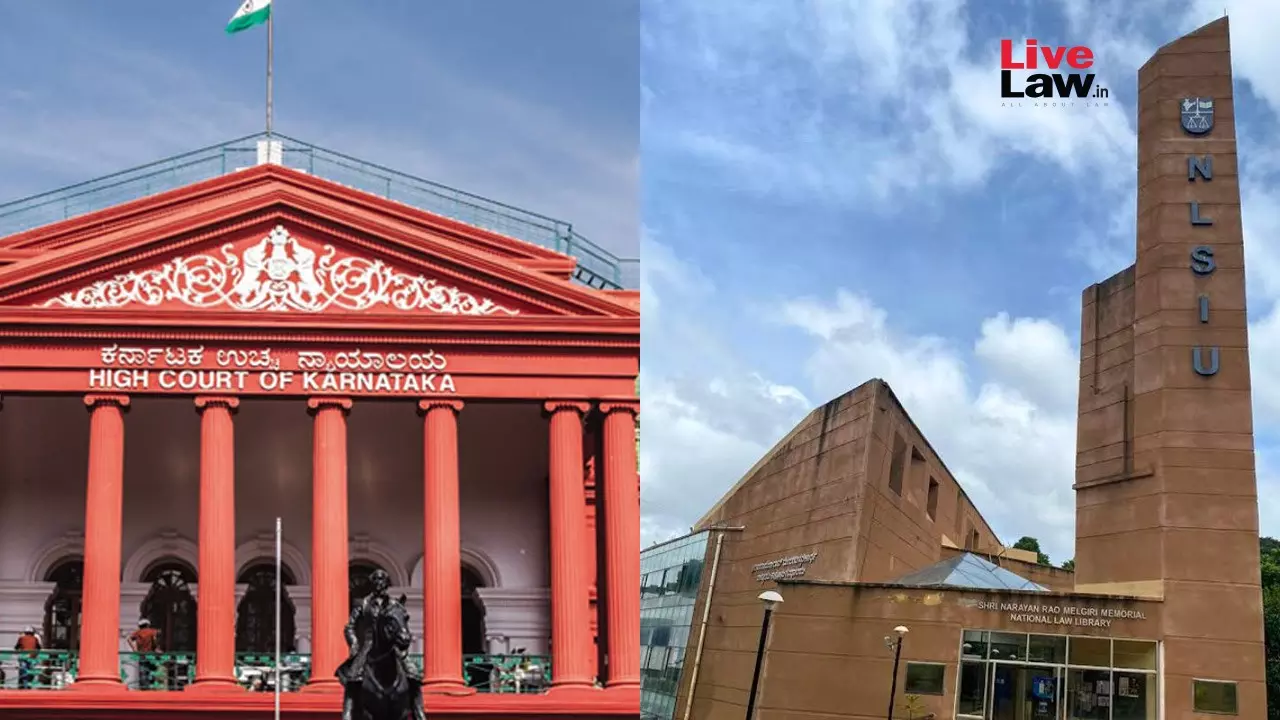
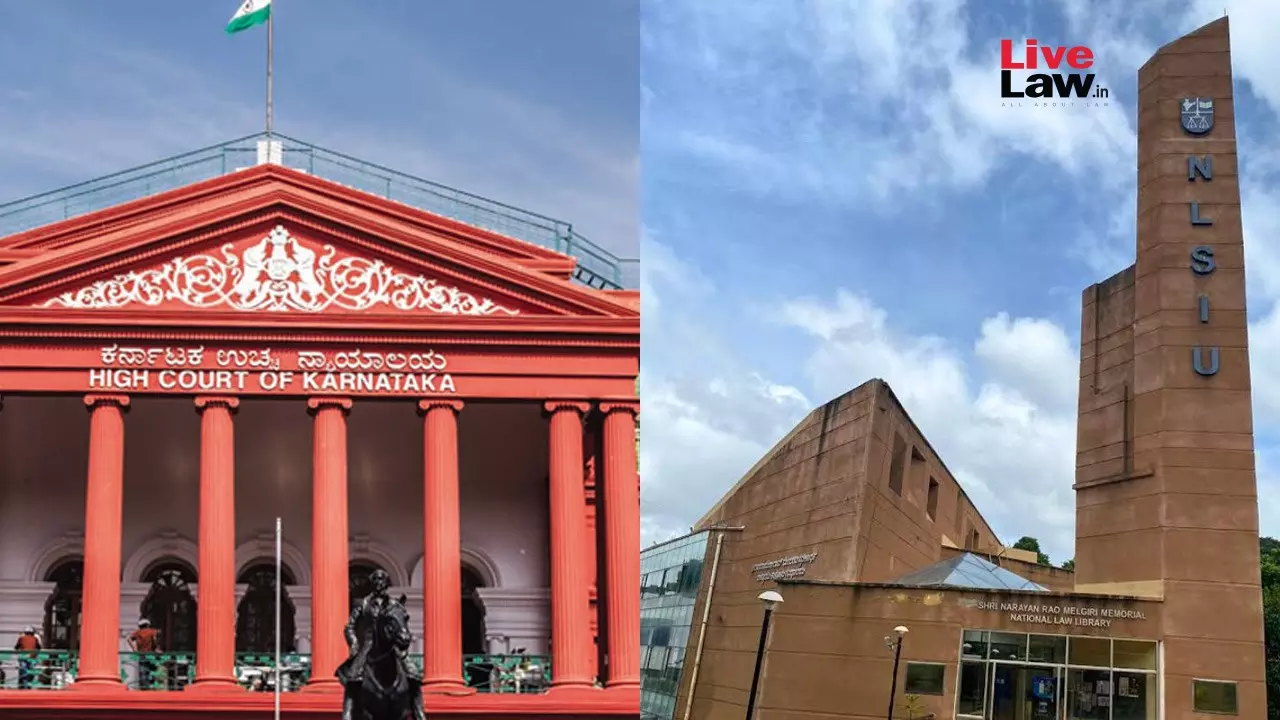
Karnataka High Court’s Acting Chief Justice V Kameswar Rao on Thursday (June 26) recused himself from hearing NLSIU’s appeal challenging a single judge’s order directing the varsity to provide 0.5% reservation to transgender persons in admission to courses.
A division bench led by Acting Chief Justice V Kameswar Rao after hearing the matter for some time, took note of the governing council members of the University and remarked whether he would be able to hear the matter.
The constitution of the varsity’s governing bodies mentions the high court’s Chief Justice as a member. By virtue of being the high court’s Acting Chief Justice, Justice Rao would be a member of the General Council, which is one of the varsity’s governing bodies.
Thereafter the bench also comprising Justice CM Joshi in its order dictated, “The matter will be re-listed tomorrow before a bench of which the Acting Chief Justice is not a member“.
When the matter was called, appearing for NLSUI senior advocate K G Raghavan said that the order of the single judge directing reservation for transgender persons is a major error.
He said that on 16-01-2023 a notification was issued by University for admission to 3-year-LLB Honours programme. Class were to commence in July. He said that total number of seats available are 120. He said that the reservation policy was not under wraps, it was made known to the whole world by the notification issued and at that time nobody questioned it. He said that the respondent candidate applied on the basis of this notification.
He said that can the respondent candidate after applying and after not getting selected in general category later claimed that the existing reservation is not enough.
He said, “As per the order of single judge it is a vertical reservation and it (transgender) will be the fifth category, and it is not from the four categories of reservations. Is that permissible by the order of the court? Whether it should be a percentage of OBC reservation then how much? So that reservation matrix is not affected…The issue is not addressed by the ld single judge. As to whether transgender is third category of gender, I do not think I am going to contend otherwise having made advancements in our social thinking. In NALSA case, SC does not say give reservation. It is for the state government (to give). In case of university even the state govt has no role to play.“
The court at this stage asked if other categories will be affected if reservation is granted for transgender persons.
To this Raghavan said, “It is not horizontal reservation created but a vertical reservation…why 0.5 percent only? There should be some scientific rationale. It cannot be so arbitrary and why not 1 percent reservation? A study is to be carried out milord. A huge exercise is required to be done. Otherwise backward class commission and census will all be irrelevant”.
He further said that the candidate had not sought admission under any category adding that having understood that candidate comes under third gender, the candidate did not claim any reservation.
“I am not approaching this as an adversarial litigation. This is a matter of policy. Can such interferences be constitutionally permissible through dictate of the court? Whatever the policy it cannot be interfered with by the court, I would say it is crossing the Lakshman Rekha. Can (the court) in exercise of power under Article 226 issue such directions? It is not a question of about 0.5 percent or anything. It is about interfering with entire seat matrix. Today it is transgender, tomorrow somebody else can come.“
He submitted that the varsity was not denying admission to the respondent candidate (petitioner before single judge). He said that the scope of the order passed by the single judge was different from the prayers sought by the writ petitioner.
“Petitioner appeared in CLAT. He was not offered admission because petitioner did not come under the required percentile. That was challenged before the single judge. If the student does not come under the notified category, then he will come under general category. We offered admission as per interim order of the single judge and directed petitioner to pay the fees. After we offered admission as per the interim order, at that stage petitioner sought financial aid. It was made in September, all this when the course had begun in July.“
Raghavan said that financial aid provided to the petitioner was made under the prevalent policy. He said that this financial aid comes out of Philanthropy.
“If the petitioner had come and said ‘thank you for giving the aid’, we would have undoubtedly given admission. It did not happen because petitioner did not want it,” he said.
Raghavan said that there are banks which have a tie-up with the University and were willing to give education loans to the student. He said that although NLSIU complied with interim direction of the single judge, petitioner did not take admission.
“We did tell the single judge that academic year is coming to end how can petitioner press for admission now. Single judge said ‘You (University) go I will see the larger issue of reservation’ and called upon State to answer what it has done following the NALSA judgment,” Raghavan said.
He submitted that purport of the order virtually espouses “the cause of transgenders as public interest cause”. He said that while a private litigation can be converted to public interest however procedure has to be followed.
“It should have been converted to a PIL. Can midstream a private litigation be converted to PIL is also a question. These general directions could not have been issued, ” he added. He argued as to how can a private petition (moved by the candidate before single judge) lead to issuance of general directions.
“Question is whether order be given to grant admission and whether fee waiver was out of purview and whether it could have been granted. Petitioner had missed the bus milord,” he said.
“We also work under certain constraints. We said ‘sorry we cannot help you’. Did we do something wrong? It is my submission that we did not,” He said.
Arguing that the single judge’s order goes beyond its scope Raghavan said, “The approach of the ld single judge is completely uncalled for. The court should have confined its inquiry to whether petitioner is granted admission or not. Beyond that everything is public interest. Private interest litigation converted to PIL”. He said that giving such directions, virtually amounts to legislation.

